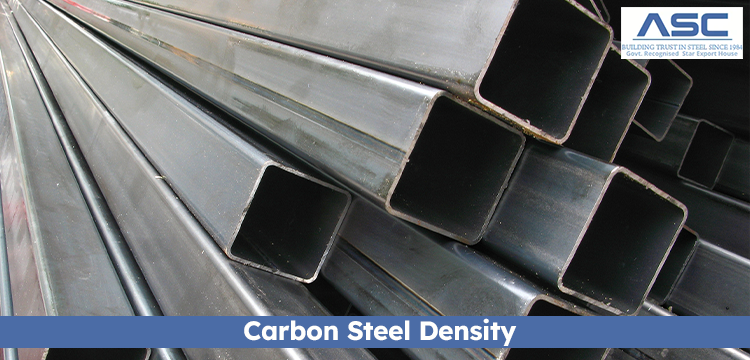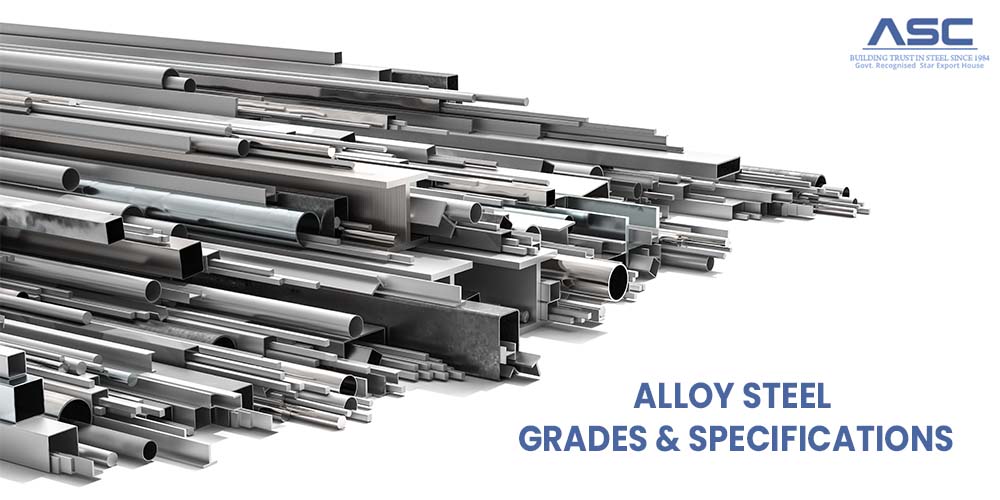Carbon Steel Density
by AMC
Posted on May 27, 2023 at 01:49 AM

Carbon steel is a robust material consisting mainly of iron and carbon, with small amounts of other elements.
It is extensively used in various industries due to its durability and strength. The carbon content varies in
different grades of carbon steel, with higher carbon levels providing increased hardness and strength.
However, working with high-carbon steel can be challenging due to its brittleness.
Carbon steel finds applications in
construction, automotive manufacturing, and machinery production. It is
also utilized to make metal products such as knives and tools. The low cost and easy workability of carbon
steel make it a popular choice in manufacturing.
Carbon steel can rust and corrode if not treated or coated correctly. Nevertheless, it is an adaptable
material that can be welded and shaped without difficulty.
What is the Density of Carbon Steel?
A Pure carbon steel has a density of around 7.8 g/cm3 (0.284 lb/in3). However, the density can differ based on the presence of alloying elements, which can range from 7.75 g/cm3 (0.282 lb/in3) to 8.05 g/cm3 (0.291 lb/in3). Compared to other metals such as stainless steel and copper alloys, carbon steel is generally lighter, but heavier than aluminum.
How Does Density Affect Carbon Steel Properties?
The density of carbon steel has an impact on its properties, such as strength, malleability, ductility,
electrical conductivity, heat capacity, and thermal expansion rate. High-density materials generally have
higher strength-to-weight ratios and are more resistant to deformation than less dense materials.
Additionally, these materials require more energy to deform under compressive forces due to their increased
mass per unit volume.
Moreover, high-density materials usually have lower electrical conductivities due to their increased
resistivity values, resulting from their greater mass per unit volume. These materials also have higher heat
capacities as they contain more molecules per unit volume, which can absorb more heat energy before undergoing
any temperature changes or phase transitions.
Lastly, high-density materials typically have higher thermal expansion rates because they contain more
molecules per unit volume that can expand when exposed to an increase in temperature or pressure.
Conclusion
To sum up, the density of carbon steel plays a crucial role in determining its properties, such as strength-to-weight ratio, malleability, ductility, electrical conductivity, heat capacity, and thermal expansion rate. Understanding these effects can help engineers and designers make informed decisions about which grade or type of carbon steel best suits their needs, taking into account cost considerations as well as performance requirements for each application area. Armed with this knowledge, engineers and designers can select an appropriate grade or type of carbon steel for their project needs while still considering cost constraints and performance requirements specific to each application area where this material might be used.
.jpg)
Alloy Steel vs. Stainless Steel
Alloy steel is a type of steel that is made by combining two or more different metals or elements to improve its properties.

